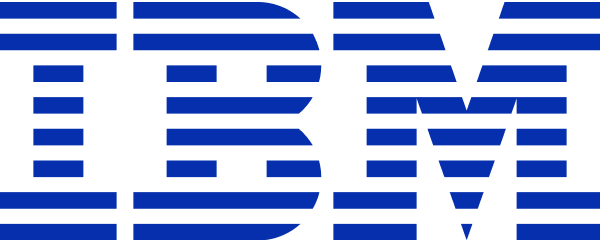Overview
Data Warehouse Engineers and Business Analysts are in high demand as organizations become increasingly dependent on data to support their operations.
Data warehousing has transformed the way organizations perform business analysis and make strategic decisions. Massive amounts of data from multiple sources can be easily accessed using SQL and formatted for analysis, reporting and Business Intelligence for organizations to gain deeper business insights.
The Data Warehouse Engineer Professional Certificate provides you the skills and knowledge to design, deploy and manage Enterprise Data Warehouses (EDW) and utilize Business Intelligence tools to analyze and extract insights using reports and dashboards.
Upon completing this program, you’ll gain practical experience to work with Relational Database Management Systems (RDBMS), query data using SQL statements, utilize Linux/UNIX shell scripts to automate repetitive tasks, and build data pipelines using Apache Airflow and Kafka to Extract, Transform and Load (ETL) data. You’ll also acquire the skills to build and operationalize Data Warehouses and conduct data analysis.
Within each course you’ll practice your skills with numerous hands-on labs and multiple projects to add to your portfolio for launching your career.
To get started, all you need is basic computer literacy and the desire to learn and practice new skills.
Syllabus
Course 1: Data Engineering Basics for Everyone
Learn about data engineering concepts, ecosystem, and lifecycle. Also learn about the systems, processes, and tools you need as a Data Engineer in order to gather, transform, load, process, query, and manage data so that it can be leveraged by data consumers for operations, and decision-making.
Course 2: Relational Database Basics
This course teaches you the fundamental concepts of relational databases and Relational Database Management Systems (RDBMS) such as MySQL, PostgreSQL, and IBM Db2.
Course 3: Introduction to SQL
Learn how to use and apply the powerful language of SQL to better communicate and extract data from databases - a must for anyone working in Data Engineering, Data Analytics or Data Science.
Course 4: SQL Concepts for Data Engineers
In this short course you will learn additional SQL concepts such as views, stored procedures, transactions and joins.
Course 5: Linux Commands & Shell Scripting
This mini-course describes shell commands and how to use the advanced features of the Bash shell to automate complicated database tasks. For those not familiar with shell scripting, this course provides an overview of common Linux Shell Commands and shell scripting basics.
Course 6: Relational Database Administration (DBA)
This course helps you develop the foundational skills required to perform the role of a Database Administrator (DBA) including designing, implementing, securing, maintaining, troubleshooting and automating databases such as MySQL, PostgreSQL and Db2.
Course 7: Building ETL and Data Pipelines with Bash, Airflow and Kafka
This course provides you with practical skills to build and manage data pipelines and Extract, Transform, Load (ETL) processes using shell scripts, Airflow and Kafka.
Course 8: Data Warehousing and BI Analytics
This course introduces you to designing, implementing and populating a data warehouse and analyzing its data using SQL & Business Intelligence (BI) tools.
